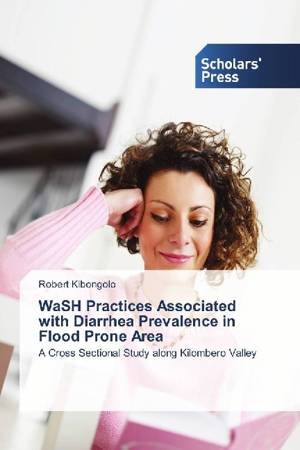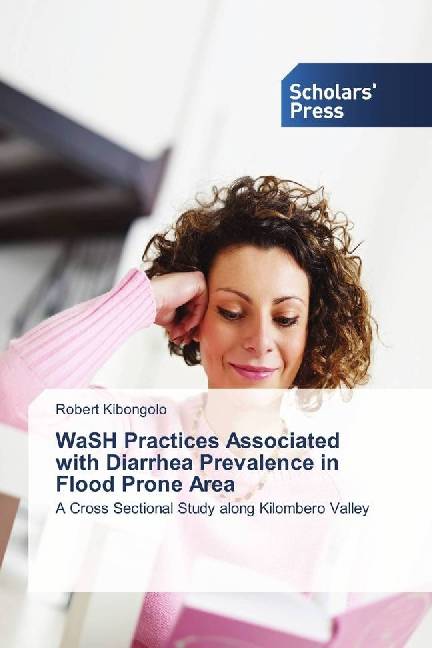
- Afhalen na 1 uur in een winkel met voorraad
- Gratis thuislevering in België vanaf € 30
- Ruim aanbod met 7 miljoen producten
- Afhalen na 1 uur in een winkel met voorraad
- Gratis thuislevering in België vanaf € 30
- Ruim aanbod met 7 miljoen producten
Zoeken
WaSH Practices Associated with Diarrhea Prevalence in Flood Prone Area
A Cross Sectional Study along Kilombero Valley
Robert Kibongolo
Paperback | Engels
€ 45,45
+ 90 punten
Omschrijving
This book aimed at assessing in details the Water, Sanitation and Hygiene (WaSH) Practices associated with the prevalence of diarrhea among households' members in flood prone areas along Kilombero Valley. Different studies have shown that, the magnitude of diarrhea incidences increases at alarming rate during the flooding periods and event continue after flooding due to deterioration of drinking water sources and sanitary facilities. The main WaSH practices that were taken into consideration during the study include; Methods of water storage, Handwashing practices, Home based water treatment, Defecation practice and Waste disposal methods. Cross sectional study was conducted in the five wards situated in flood prone areas along Kilombero Valley involving household interviews in the early August 2017. About 384 heads of households were interviewed in order to determine the prevalence of diarrhea and their associated WaSH practices. The study reveals that, households' members in the flood prone areas are more susceptible to diarrhea incidences associated with poor WaSH practices.
Specificaties
Betrokkenen
- Auteur(s):
- Uitgeverij:
Inhoud
- Aantal bladzijden:
- 84
- Taal:
- Engels
Eigenschappen
- Productcode (EAN):
- 9783330653191
- Uitvoering:
- Paperback
- Afmetingen:
- 150 mm x 220 mm

Alleen bij Standaard Boekhandel
+ 90 punten op je klantenkaart van Standaard Boekhandel
Beoordelingen
We publiceren alleen reviews die voldoen aan de voorwaarden voor reviews. Bekijk onze voorwaarden voor reviews.











